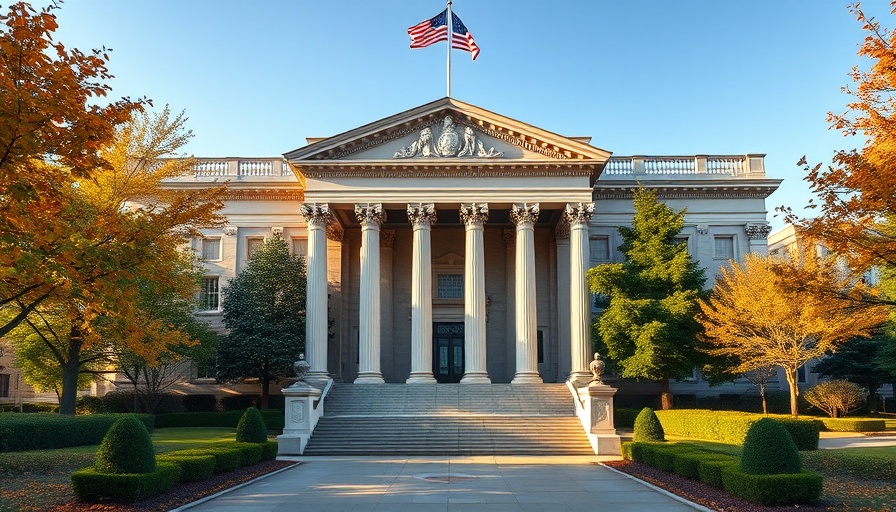
EPA's Grant Controversy: A Critical Ruling in Environmental Funding
In a significant ruling on March 19, 2025, U.S. District Judge Tonya S. Chutkan blocked the Trump-era Environmental Protection Agency (EPA) from rescinding $14 billion in grants that the Biden administration allocated for climate initiatives. This movement stems from a lawsuit initiated by Climate United Fund, Coalition for Green Capital, and Power Forward Communities, three organizations benefitting from the Greenhouse Gas Reduction Fund, a cornerstone of Biden's 2022 Inflation Reduction Act aimed at promoting sustainable projects.
The Importance of Green Investments for Health and Wellness
These grants enable crucial investments in clean energy and sustainable technologies such as solar power and heat pumps. The benefits extend beyond environmental improvements, as they directly impact public health through better energy efficiency and reduced air pollution. CEO Beth Bafford of Climate United highlights that such investments are vital to create jobs and stimulate local economies, especially in underprivileged communities—a narrative crucial for health enthusiasts who prioritize lifestyle improvements.
Understanding the Judicial Process and Future Implications
Judge Chutkan's decision underscored the importance of due process, stating that the EPA's vague accusations of fraud against grant recipients were not enough to halt funding. This ruling sets a precedent that may protect future climate funding initiatives from arbitrary government interventions. For tech-savvy individuals interested in the intersection of law, government policy, and climate technology, this case illustrates the balance between regulatory oversight and the need to support innovative climate solutions.
The Broader Context of Climate Funding in America
The Greenhouse Gas Reduction Fund aims to leverage both public and private investments in clean technologies. These initiatives align with growing trends in eco-health, as communities are not just focusing on immediate environmental benefits but also on health outcomes linked to energy efficiency. With an emphasis on combinatory solutions, the economic stability from these grants promotes longer-term sustainability, resonating deeply with health-conscious audiences.
Conclusion: A Call to Action for Support
The recent ruling represents a pivotal moment in the fight for climate justice and health equity. As potential changes loom in the political landscape, supporting organizations that focus on sustainable investment in local communities can lead to improved public health and economic resilience. For individuals passionate about the intersection of health and environmental technology, staying informed and engaged with these developments is essential.
 Add Row
Add Row  Add
Add 




Write A Comment